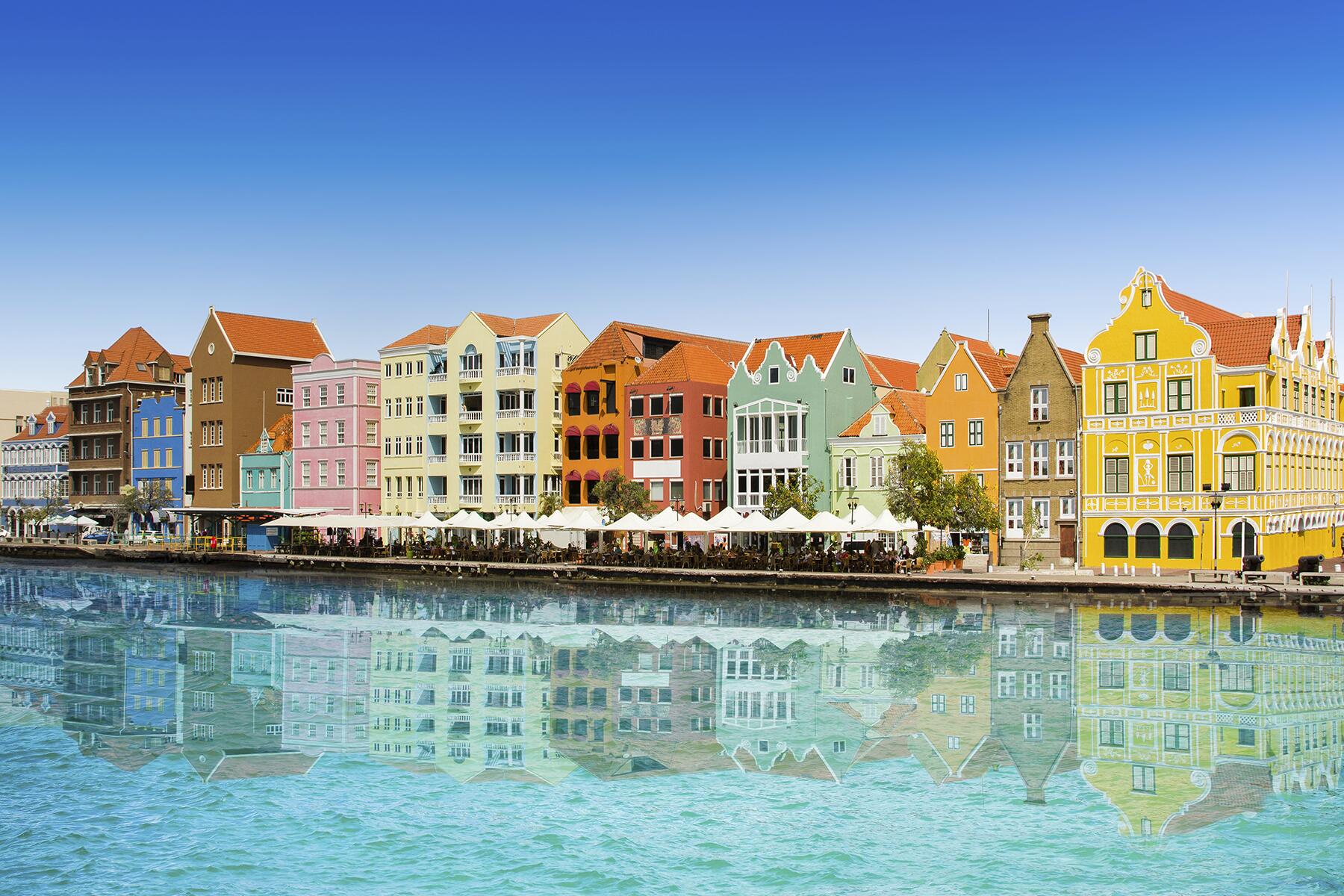A Spanish city popular with tourists has introduced new ordinances meant to combat rowdy pre-wedding parties.
The city of Seville has had enough. The city council has implemented new laws against wearing underwear in public or engaging in so-called “obscene acts”—an offense that could allow local law enforcement broad latitude in policing the activities. The laws are designed to reduce particular behavior associated with bachelor and bachelorette parties.
The city’s mayor, José Luis Sanz, however, cautions that the laws do not mean tourists aren’t welcome to celebrate their upcoming weddings in Seville, as long as they do so without disturbing local residents. “Anyone can celebrate their bachelor party in Seville,” he told the Times of London. “What we don’t view favorably are groups of people dressed as whatever, with brass bands behind them, disturbing the many residents of Seville—especially in areas of the historic center—who also have the right to enjoy their city.”
Also under fire is attire “that may violate the moral or sexual integrity of another person,” and “performing or inciting the performance of acts that violate sexual freedom” or “committing acts of obscene exhibitionism.”
Recommended Fodor’s Video
Bachelor and bachelorette parties are popular in the United Kingdom—where they’re called a “stag do” (for men) or a “hen do” (for women). In addition to heavy drinking, the evenings typically include an amount of debauchery in the form of public nudity or states of undress, clothing with sexually obscene messages or images, or rowdy behavior. In recent years, the availability of cheap flights to neighboring European countries with cheaper alcohol and the perception of less “buttoned-up” attitudes have led many pre-nuptial celebrations to become a weekend of heavy drinking abroad.
While bachelor/ette parties are hardly a tradition limited to Britain, many popular European destinations tend to perceive most of their troubles from “party tourists” who come from the United Kingdom. Earlier this year, Amsterdam—a city whose famed red light district has long been a draw for party tourists—had a blunt message aimed at young British men planning to come to the city to cut loose: “Don’t come.”
Similar laws have been enacted in other Spanish cities. The city of Malaga last year introduced fines up of up to €750 for carrying an inflatable doll through the city streets, or walking in public in just underwear. Later ordinances planned to address public nudity and the public display of “erotic items”.
The neighboring city of Costa del Sol has banned the use of megaphones or alcohol consumption on the streets. Tourism officials in the Spanish destinations of Mallorca, Lanzarote, and Ibiza have also made statements on cutting back on their communities appeal to budget British tourists, citing bad behavior from “party tourists,” working on focusing tourism efforts away from promoting cheap drinks and beach parties.
The restrictions in European cities reflect similar efforts by communities in the United States—particularly in the Sunbelt—to reduce party tourism. In the United States, many beach communities brace for a surge in Spring Break tourists every year, who bring similar disruptive behavior. In March of 2023, the city of Miami Beach imposed an emergency curfew and a ban on alcohol sales in some parts of the city after a series of deadly shootings liked to Spring Break crowds.
Stateside, Spring Breakers draw complaints for contributing little to tourism economies—crowding in to cheap hotel rooms or vacation rentals, drinking package liquor in their rooms, and not dining out or spending at local tourism attractions.
Seville is one of Spain’s most popular destinations for culturally-minded tourists, known for Moorish architecture, tapas, flamenco, and bullfighting. Many of the city’s top attractions are religious in nature, and the celebrations during Holy Week—the week leading up to Easter—are some of Europe’s most renowned, attracting over a million visitors each year.





Is this 750euros fine going to be effective... or actually paid up? Is this going to be a aufficient deterrence for other houligan parties? Put this type of "tourist" in jail, give them water and dry bread for a couple of weeks, then ship them back to the Kingdom after blacklisting their passport for entry to any European Union country for at least 5 years or more depending on severity of their behaviour!
Right on! I'm sick of these entitled idiots behaving drunk & disorderly anywhere they please. Instead of paying the big bucks for the pre wedding parties & the extravagant wedding, save your money for the divorce.